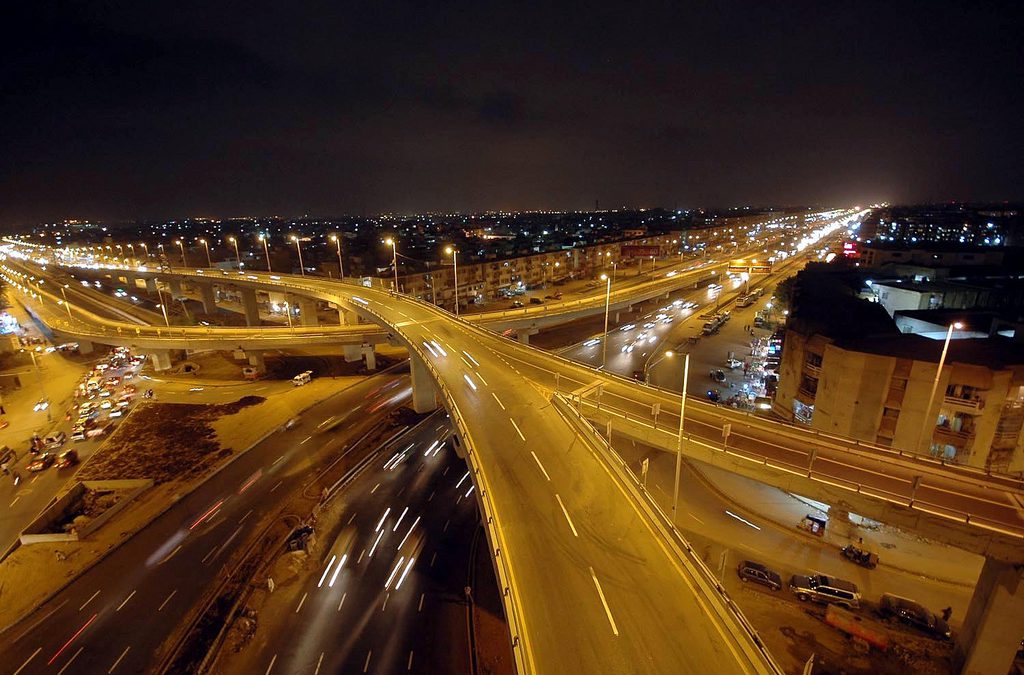WASHINGTON – If you are in the global investment market, you should be really excited about Pakistan. And if you’re not, the former head of the State Bank of Pakistan is ready with a list of reasons to pique your interest.
Dr. Ishrat Husain, a renowned economist and the former governor of the State Bank of Pakistan, said Wednesday that Pakistan is self-sufficient in food grains and is the sixth largest producer of textile products in the world. The International Monetary Fund recently upgraded it from a frontier?economy?to an?emerging?market in the MSCI index. The IMF has also projected a 5.2% growth in fiscal 2017.
The economic growth, despite the country’s security and governance challenges, has three main drivers, Husain told an audience at a Johns Hopkins University Center for Advanced International Studies on Wednesday:
- Growing urbanization
- A solid middle class comprising of at least 50 to 60 million people
- Demographics: the youth make up almost 50 percent of the population
These three factors have encouraged multinational companies to increase their portfolios, and they are seeing returns of almost 25% annually, he said. Companies like Nestle, Unilever and Reckitt-Benckiser have expanded their portfolios over the last few years. Nestle alone doubled its sales from $410 million in 2009 to $790 million in 2013.
Enter China, with its $54 billion investment in the form of the China-Pakistan Economic Corridor, which is part of the larger “One Belt, One Road” initiative to link regional trade hubs. In addition to building a road network that would cut through the country from its southern tip at Gwadar Port to?the Xinjiang?province in China, the project incorporates large-scale infrastructure development in the form of new industrial zones as well as power generation schemes.
Husain called the project a great investment opportunity. “The UK has shown an interest in setting up an industrial zone,” he remarked. “So have Italy, Korea and Japan.“
The U.S. should join the other countries in thinking of Pakistan as an investment opportunity, but dealings between the two countries instead have been too transaction-oriented, he said.
He cited as an example the $1 billion contract awarded to General Electric as part of the CPEC energy projects.
“But this shouldn’t remain limited to Fortune-500 companies,” he said. Other U.S. companies should start doing business in Pakistan, which has no restrictions on owning equity or repatriation of funds.
He criticized the State Department advisory warning against travel to Pakistan as an obstacle.
“We have repeatedly raised this issue with the State Department because this kind of mistrust needs to be addressed,” said Husain.

